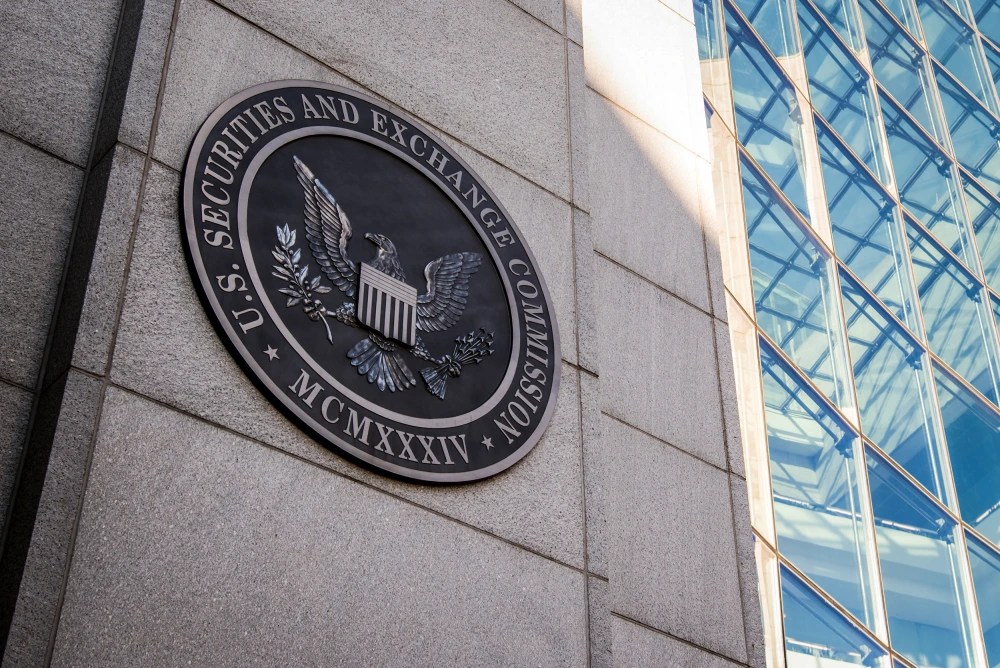SEC Ends PayPal Stablecoin Probe With No Enforcement Action

The Securities and Exchange Commission (SEC) has concluded its 16-month-long investigation into PayPal’s USD stablecoin (PYUSD) as related regulation gains momentum in Congress and the financial watchdog loosens its grip on the crypto industry.
SEC Drops PayPal’s Stablecoin Investigation
PayPal has revealed that the US SEC dropped its probe into its PYUSD stablecoin without enforcement. After nearly a year and a half of regulatory scrutiny, the company disclosed in its Tuesday 10-Q filing that the Commission had ended its investigation two months ago.
In November 2023, the payments giant received a subpoena from the SEC’s Division of Enforcement requesting “the production of documents” relating to the PayPal USD stablecoin. This request usually entails documents, internal communication, testimony, and other evidence pertinent to the investigation.
In a previous quarterly report, PayPal shared the news, noting that the company was “cooperating with the SEC in connection with this request.” Nonetheless, the regulatory agency informed the payments company that “it was closing its inquiry without enforcement action” in February 2025, PayPal revealed on April 29.

PayPal discloses conclusion of SEC's probe in 10-Q filing. Source: US SEC
Notably, the Commission began dropping or closing its crypto-related cases that same month, citing that the recently created Crypto Task Force could impact and facilitate the potential resolution of the cases.
Led by Commissioner Hester Peirce, the Task Force was launched in late January to help develop a regulatory framework for crypto assets. Since then, the SEC has announced a 60-day pause on its case against crypto exchanges Binance and Gemini.
The regulatory agency then followed with its dismissal of lawsuits against Coinbase, Kraken, and Consensys, and the conclusion of its probes into Robinhood, Uniswap Labs, Crypto.com, among others, without enforcement action.
Stablecoin Regulation Gains Momentum
The US regulatory shift follows President Donald Trump’s promise to make America the “crypto capital of the planet.” As a result, the SEC and the Department of Justice (DOJ) have disbanded their crypto enforcement-focused units and changed their “regulation by enforcement” approach.
Additionally, US lawmakers have introduced crypto-related legislation at the state and federal levels, including the Strategic Bitcoin Reserve (SBR) bills and stablecoin regulations. Previously, Bank of America CEO Brian Moynihan asserted that the US banking industry was ready to embrace crypto, affirming that his bank would issue a stablecoin if the legal framework were established.
An April 29 report by Politico alleges that Senate Majority Leader John Thune told Republican lawmakers behind closed doors that the chamber would vote on a stablecoin bill before the Memorial Day holiday on May 26.
In February, US Senator Bill Hagerty introduced the Guiding and Establishing National Innovation for US Stablecoins (GENIUS) Act. The proposed legislation aims to develop a framework to allow tokens like USDT and USDC to fall under the Federal Reserve Rules.
The bill would establish a “safe and pro-growth regulatory framework that will unleash innovation and advance the President’s mission to make America the world capital of crypto.”

Total crypto market capitalization is at $2.87 trillion in the one-week chart. Source: TOTAL on TradingView
Featured Image from NCBC News, Chart from TradingView.com

Editorial Process for bitcoinist is centered on delivering thoroughly researched, accurate, and unbiased content. We uphold strict sourcing standards, and each page undergoes diligent review by our team of top technology experts and seasoned editors. This process ensures the integrity, relevance, and value of our content for our readers.




